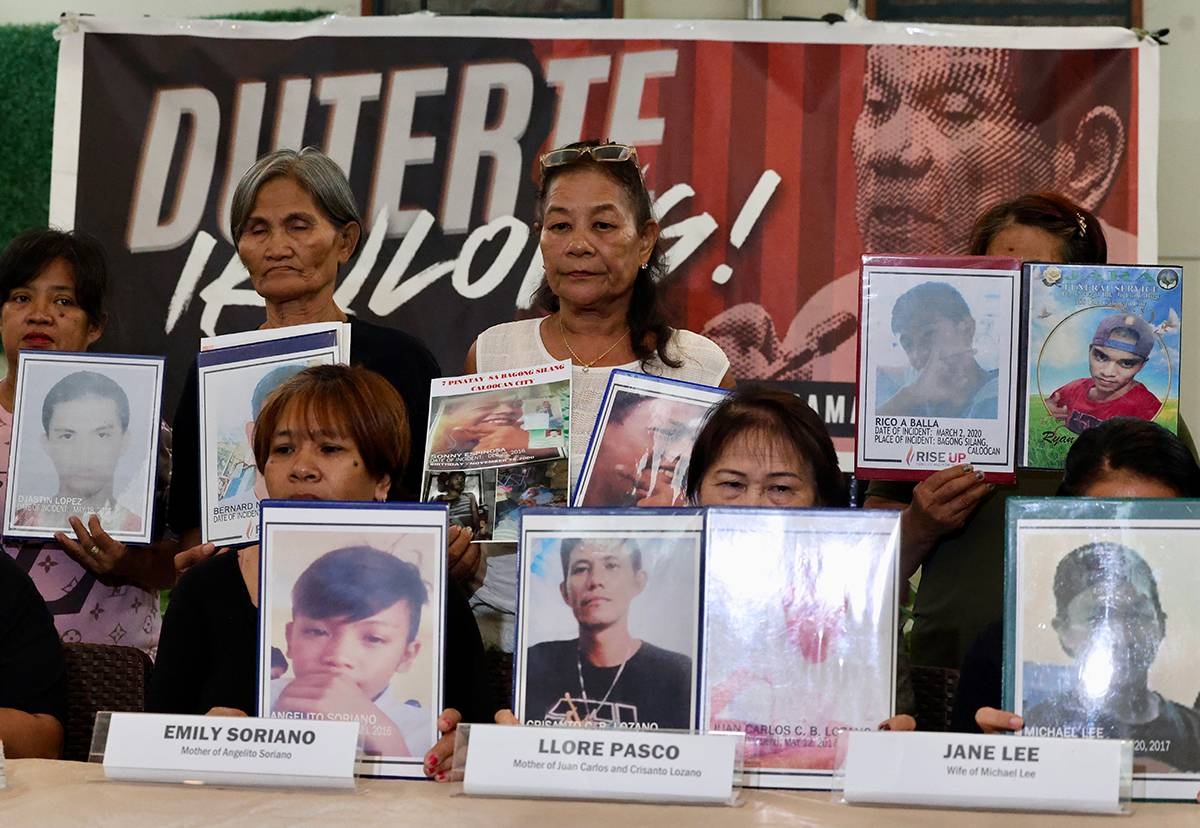'EJK witnesses need not appear at The Hague'

NOT all relatives of victims of extrajudicial killings (EJKs) allegedly committed during former president Rodrigo Duterte's war on drugs are required to personally appear before the International Criminal Court (ICC), said Kristina Conti, assistant to counsel at the ICC.
"There is no requirement for victims to be present in the ICC at any point during the proceedings. They can submit their statements and evidence through legal representatives, and they also have the option to remain anonymous for their protection," Conti said at a press conference in the Netherlands on Tuesday.
Conti issued the comment amid growing concerns about the safety and security of individuals who might testify against Duterte, who was scheduled to face trial for alleged crime against humanity in September.
She added legal teams from civic organizations across Europe were collaborating with the ICC to ensure the witnesses' testimonies were heard while mitigating risks to their safety.
The issue of Philippine membership in the ICC remains a significant point of contention as some human rights groups and European-based civic organizations have renewed calls for President Ferdinand Marcos Jr. to reinstate the country's membership in the Rome Statute, which the Philippines withdrew from in 2019 under Duterte's leadership.
"If Marcos Jr. is sincere in cooperating with the ICC and serving justice for the victims, he should have no problem rejoining the Rome Statute," said Conti. "The victims deserve justice, and their participation should be facilitated without fear."
In an effort to highlight human rights violations during Duterte's administration, activists and legal groups have planned a series of rallies on March 28, coinciding with Duterte's 80th birthday.
These demonstrations are expected to take place in major cities worldwide, drawing attention to the continued push for accountability.
Conti also emphasized the importance of combating misinformation online.
"We need to stand together against trolls and disinformation campaigns aimed at discouraging victims from coming forward. Ensuring that the truth reaches the victims is crucial in holding those responsible accountable," she said.











